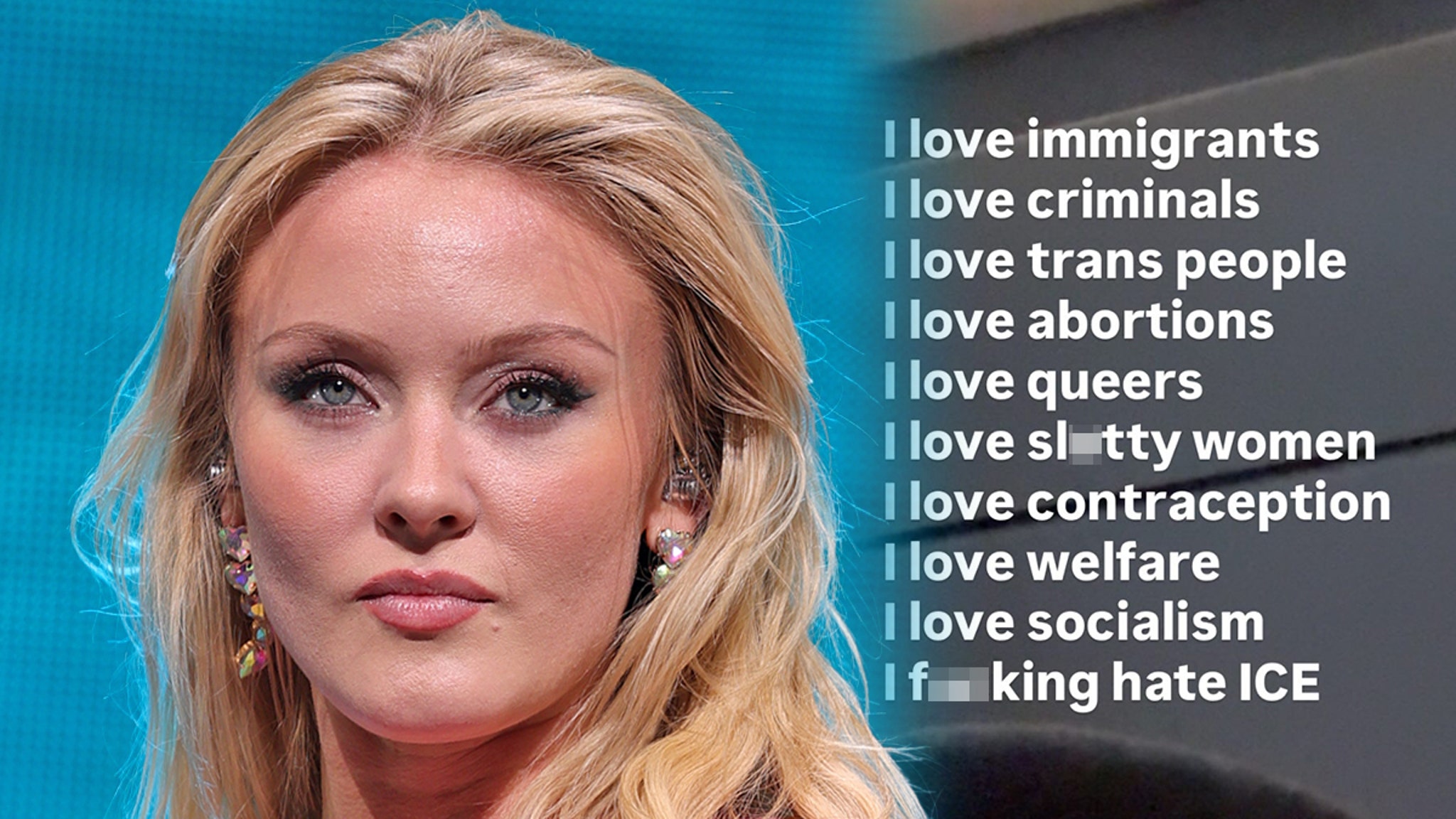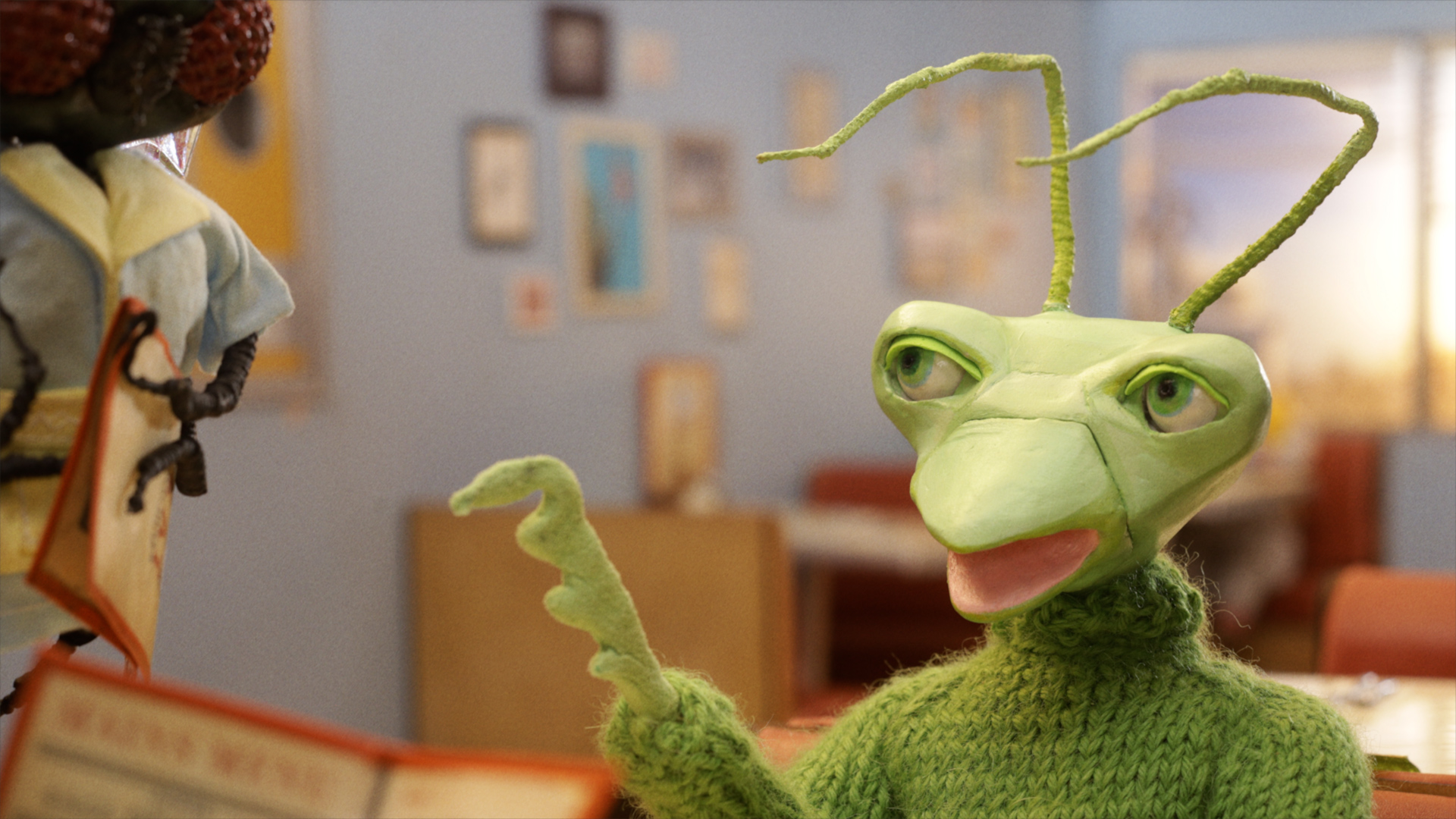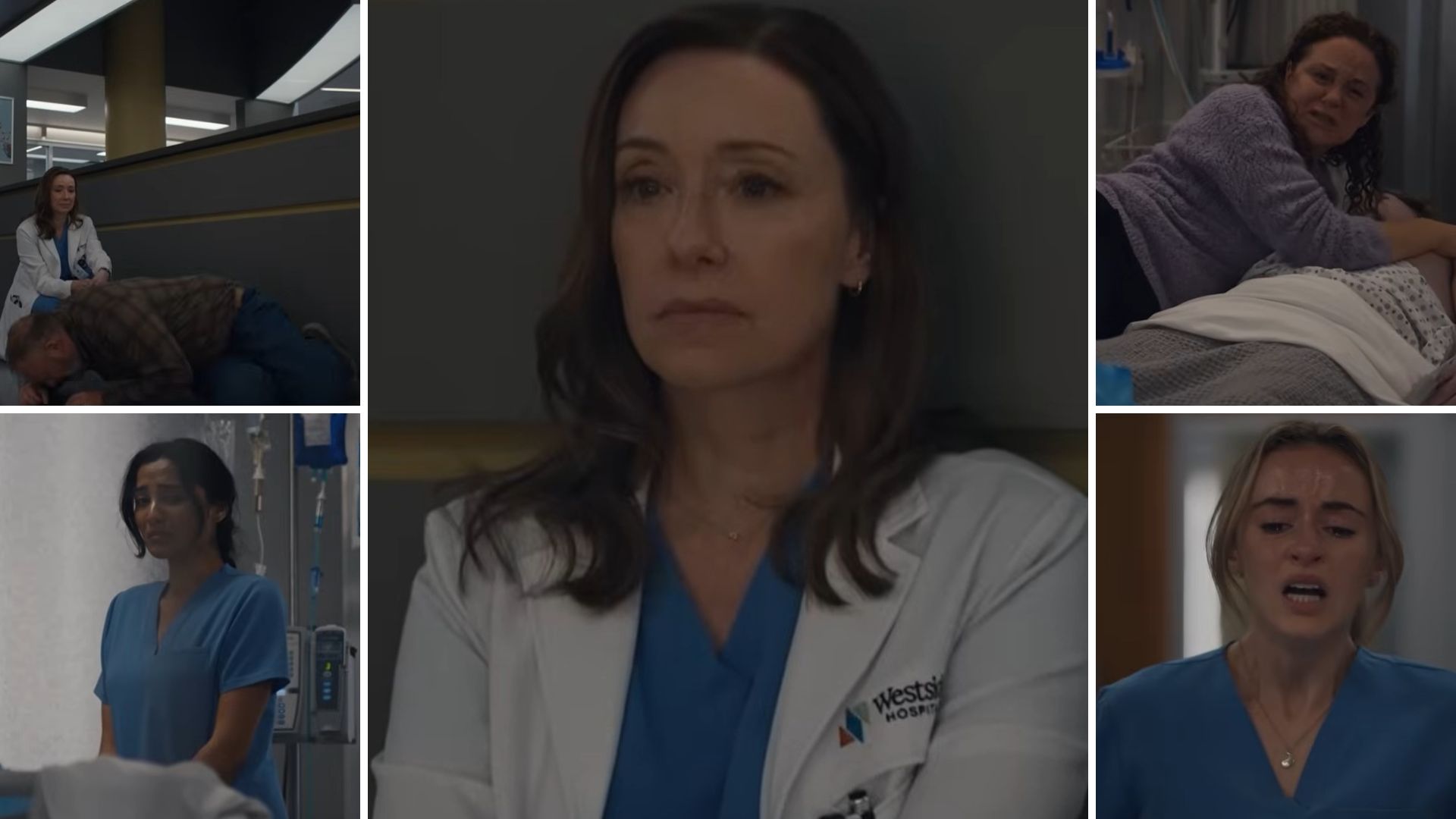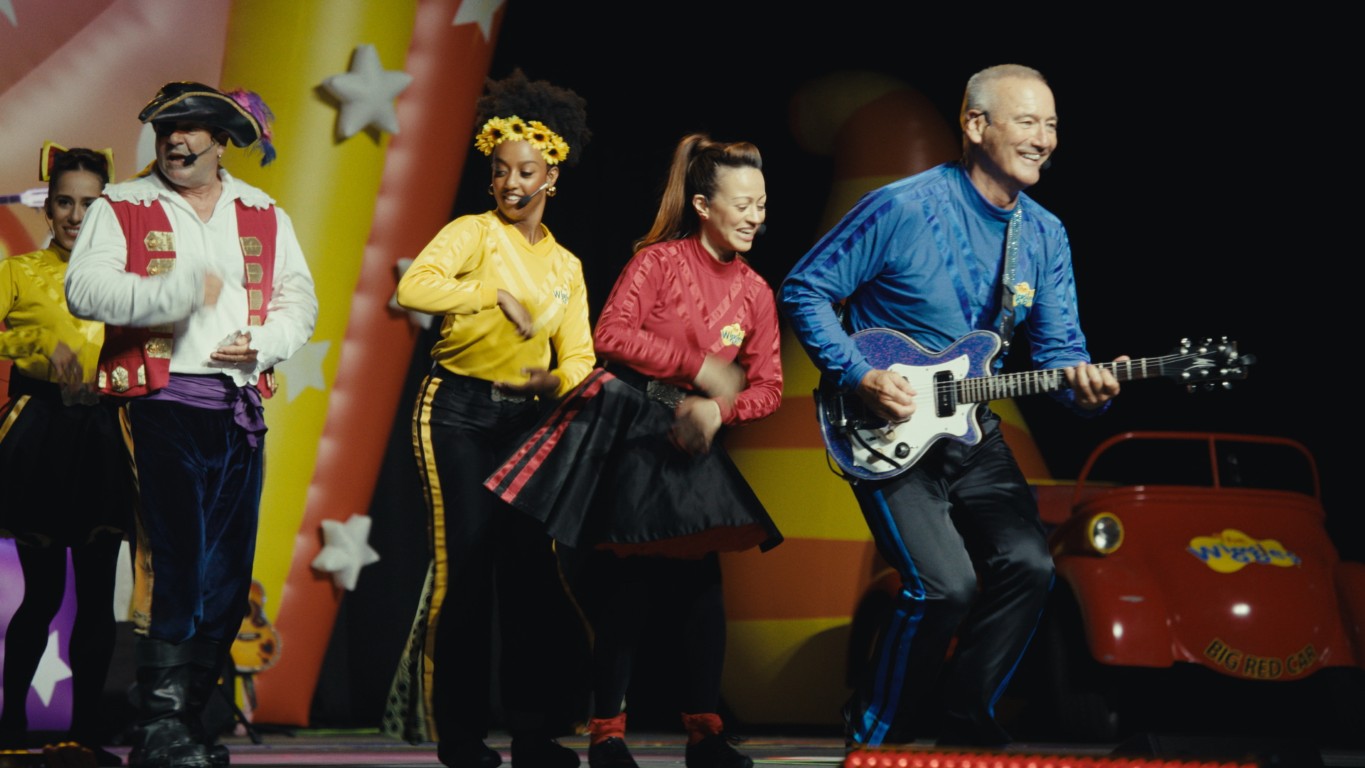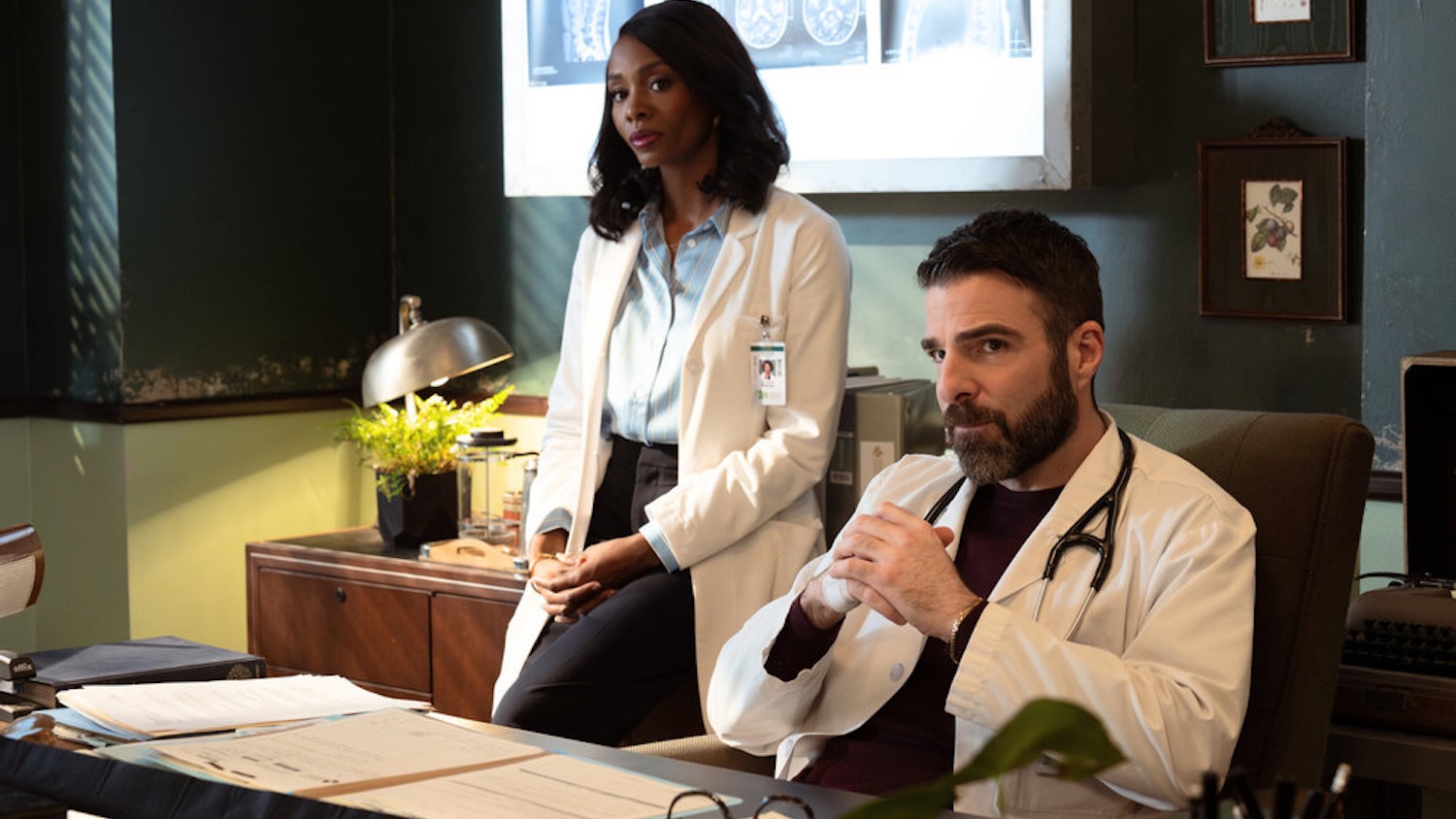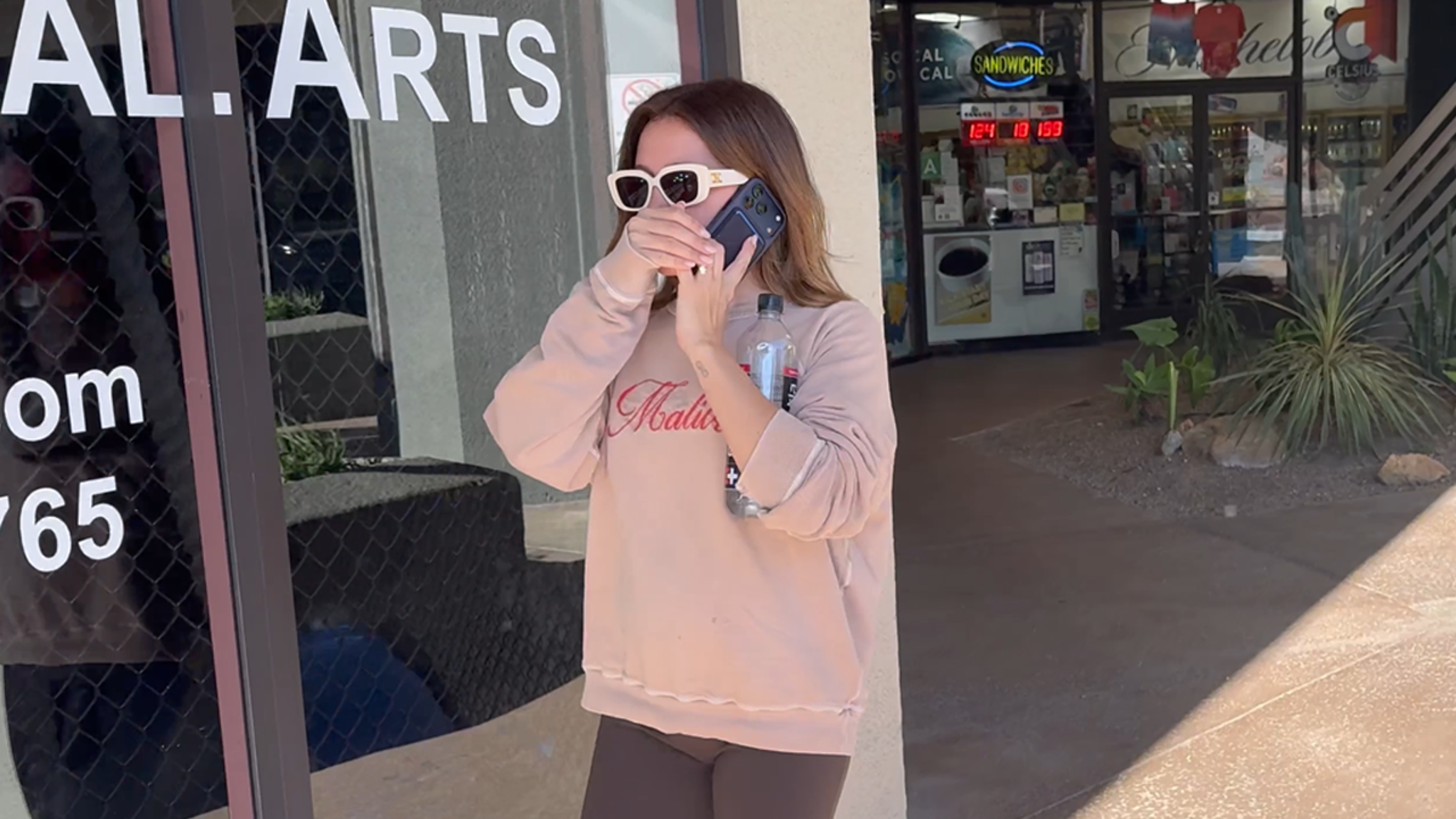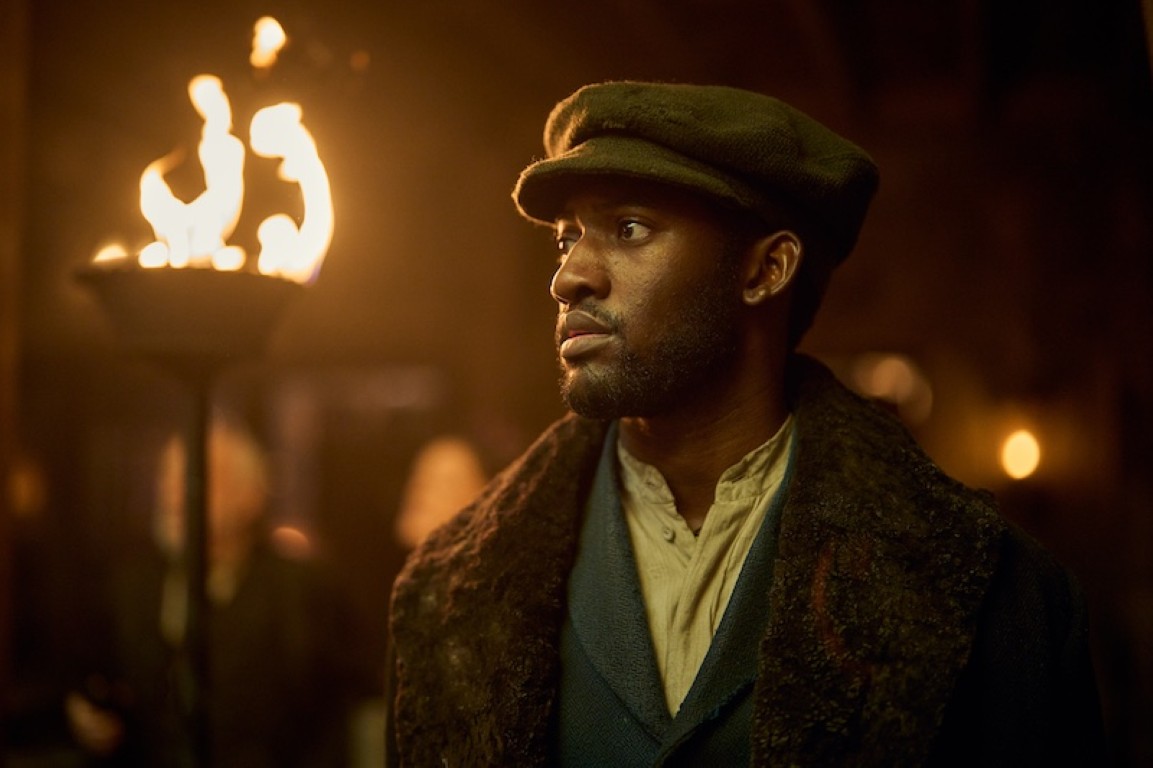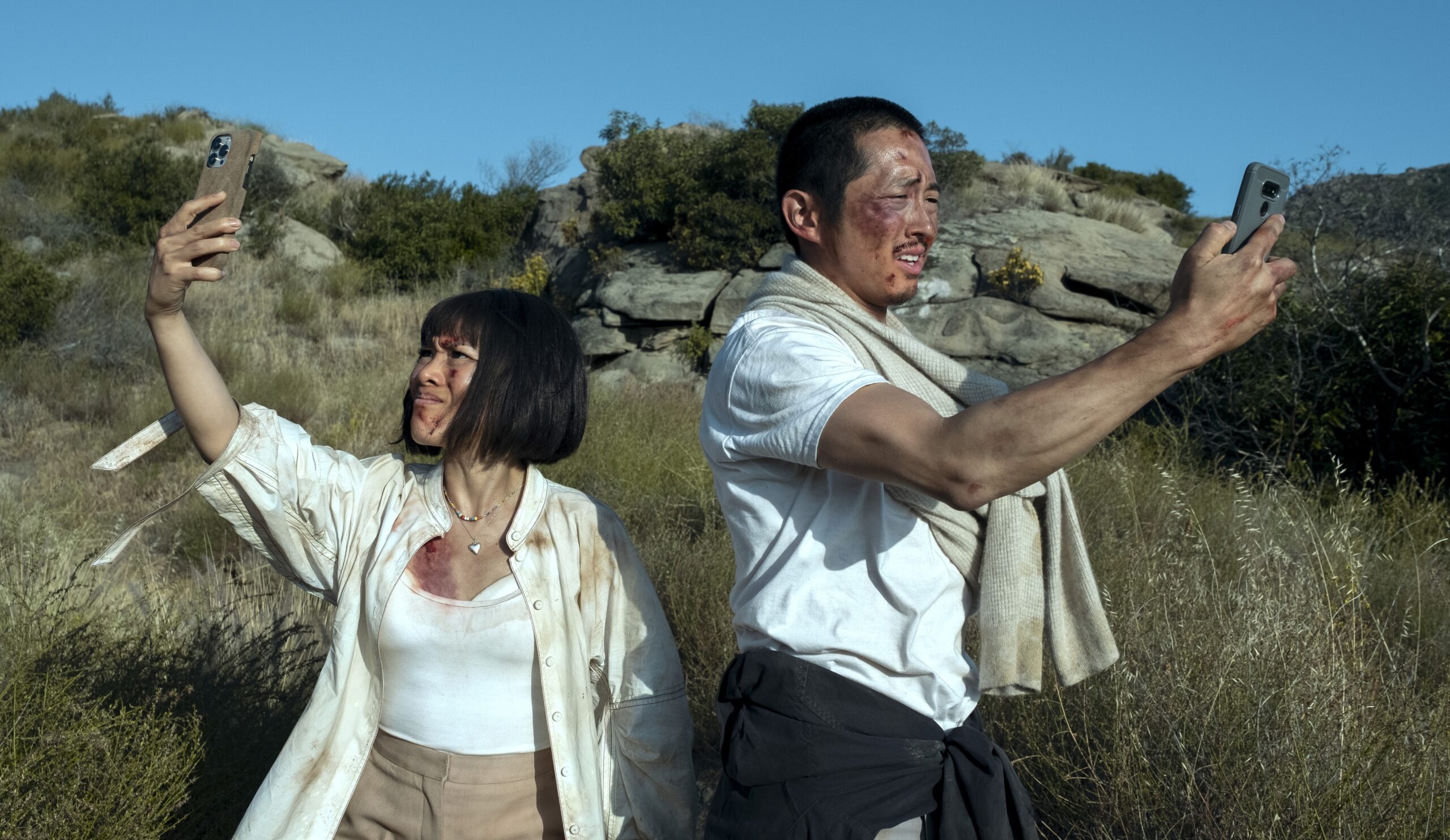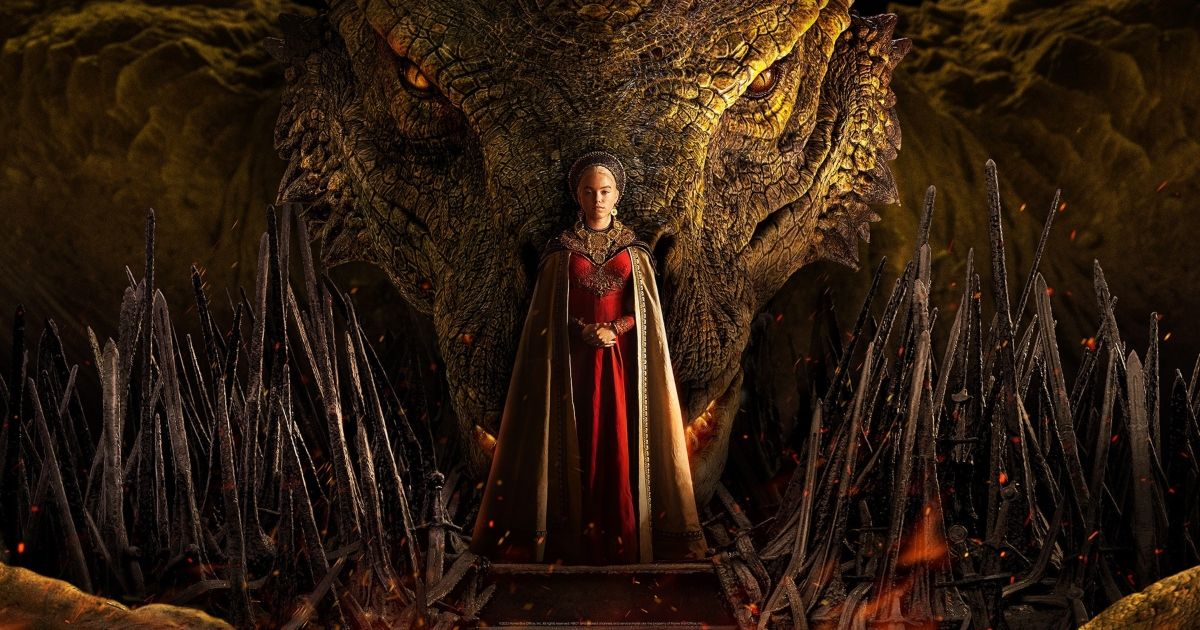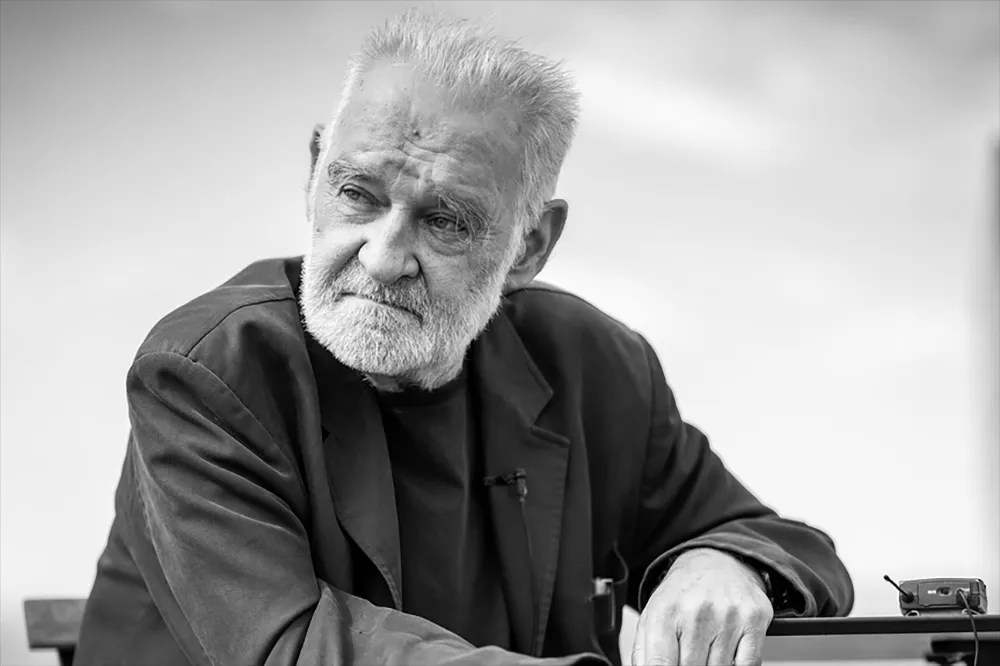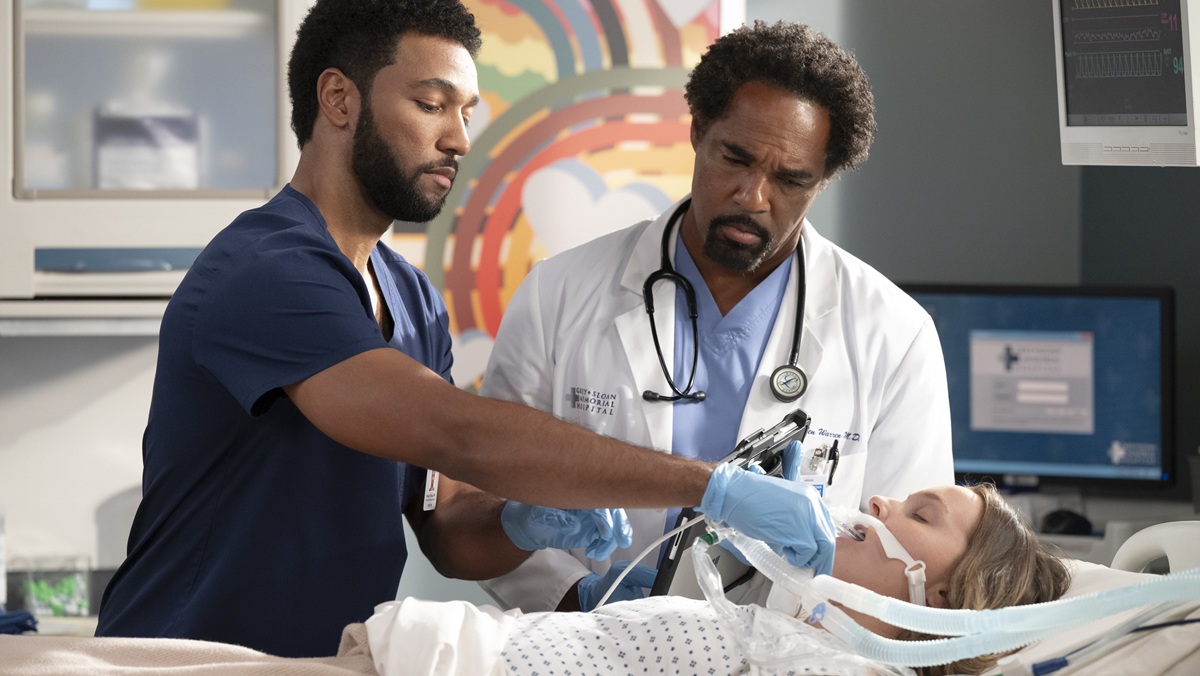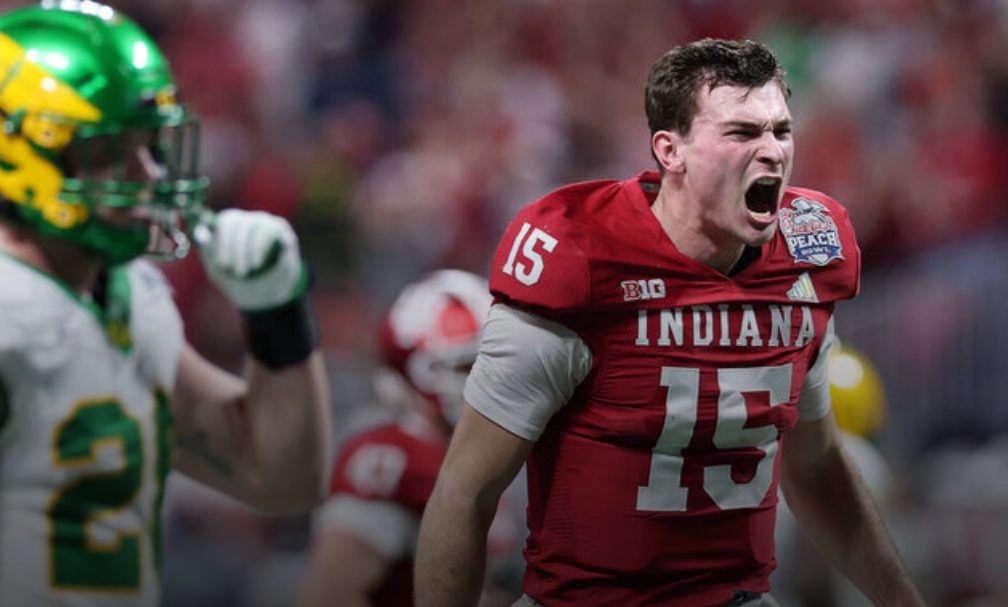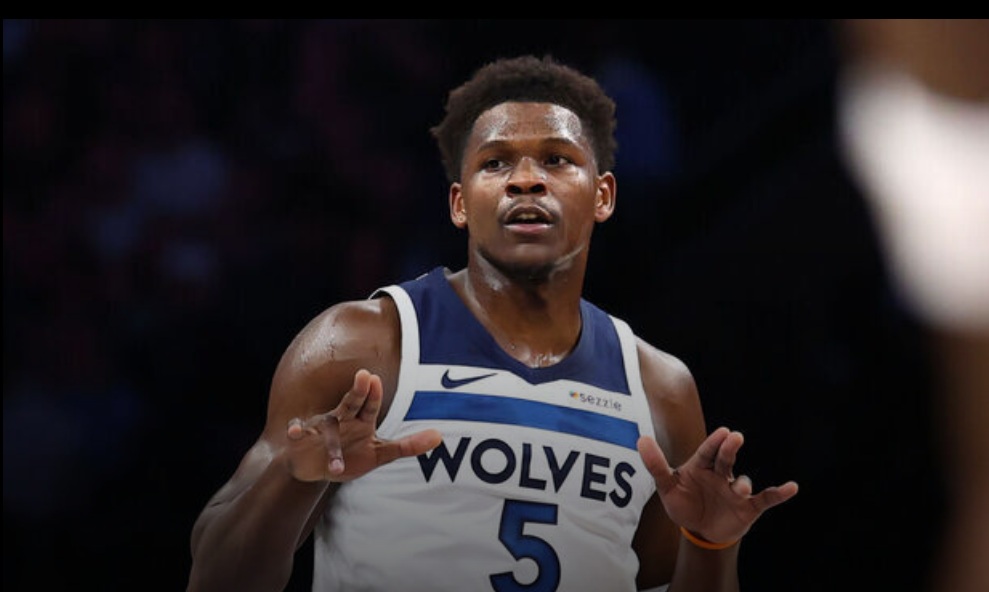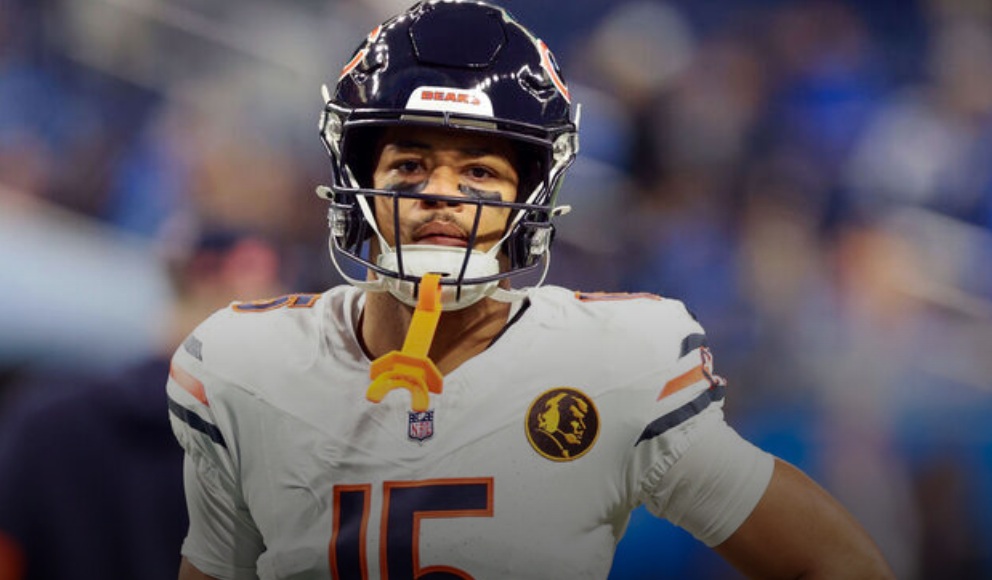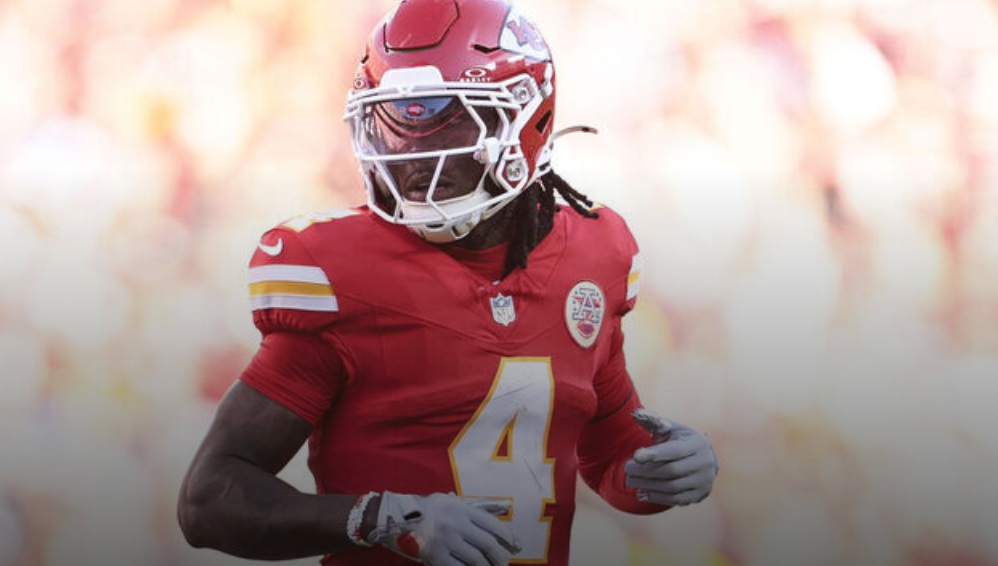This is all being recounted to a reporter in modern times, keeping with the key framing device that had Christian Slater listening to a wisened Brad Pitt in the Jordan film. In this case, it’s Eric Bogosian’s acerbic and seasoned reporter Daniel Molloy, who first interviewed Louis almost 50 years ago. Now Louis is interested in sharing more of the truth about his life, while revealing to Molloy his hard-earned life reflections as they sit across from each other in a Dubai skyscraper.
In a too-gradual build of tension, Molloy doesn’t hesitate to push back against things that his murderous host says, or to ask for more, like about ripped pages from Claudia’s journals (an irate Louis says she does not want her exploited). As their conversation takes place in the Dubai skyscraper, sometimes it provides voice-over to the flashback, which can be too on-the-nose. In one particular eye-rolling moment, Molloy’s off-screen voice chimes in with a real record-scratch moment: “Take a Black man in America, make him a vampire, f**k with that vampire, and see what comes of it.”
Anderson can be a compelling screen presence, especially as he charts the psychological experience of his vampirism from decades and decades ago. He established a certain moral boundary with killing—causing him to feast on fish, rabbits, and other animals instead of human fare. It all comes with larger, fascinating ideas about identity, a frame for his understanding of self as a gay man in such comparably conservative times. Throughout, Louis was someone who wants to stay connected to his family, his community, “his people,” as he repeats.
But vampire acting can be a tough game of brooding hamminess, which this series even notes when Lestat, Louis, and Claudia go to see “Nosferatu” and later laugh about the stiff, jagged, leering body, and slow-moving claw of an on-screen vampire. We get a more human-inspired version here of course than that telling, and yet the grave self-seriousness here makes for progressively flat performances in their own right. And while all of the billowing resentment and struggle between our vampires has to go somewhere, it comes out from Louis and Lestat in sometimes overly melodramatic bursts of screaming dialogue. The strings swell behind them, sometimes the sets are destroyed, and both Anderson and Reid get to show all of their teeth as actors. “Interview with the Vampire” jumps on this whenever it can, revealing how the series can only break its growing monotony with either showy dramatic displays or (albeit staggering) moments of gory violence, like a turbo vampire-punch that impales someone’s face.
You can view the original article HERE.

